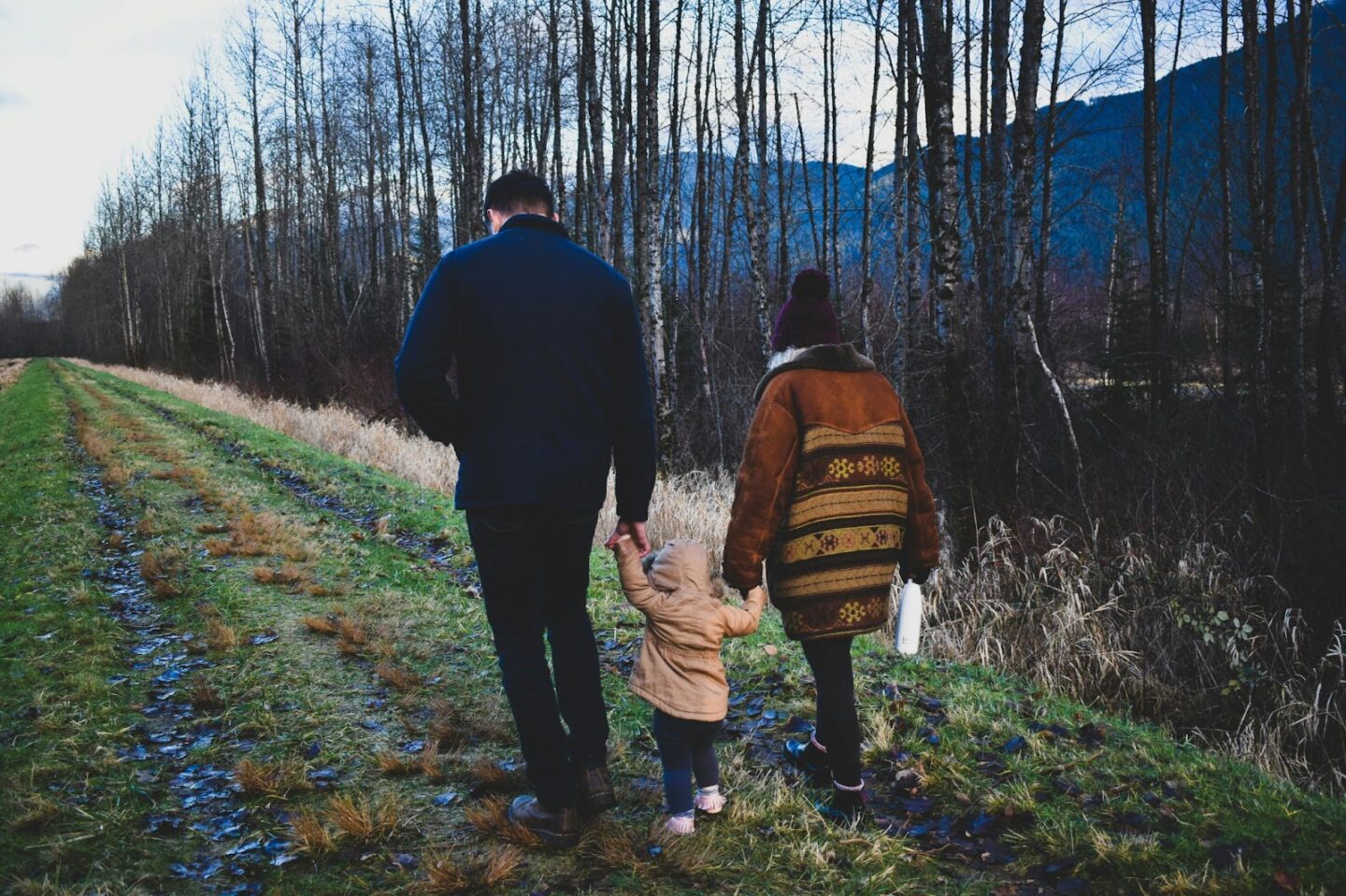Approaching future planning can feel heavy. However, a thoughtful plan can bring calm. You don't need to map every detail. Instead, focus on a few key areas: finances, memories, and life's final steps. This post provides simple ways to prepare ahead.

You'll discover routines to grow safety nets, preserve what matters, and gently anchor difficult decisions. The goal is to establish steady habits that help you and those you care for feel ready for what comes next.
Build a Strong Financial Base
A secure future starts with good money habits. Set up a rainy day fund and aim for at least three months' worth of essential expenses. It doesn't matter if you start small. The goal is consistency. Automate weekly or monthly transfers and track your spending using a simple spreadsheet.
Knowing where your money goes helps you make better decisions. Pay down high-interest debt first. Don't let interest hold you back. Then, begin investing in a low-cost fund topped up with small monthly contributions, which is a bright start. Reinvest dividends and ignore market noise.
Capture Memories and Share Your Story
Life isn't only about money. Your family's story matters too. Start a simple tradition that preserves memories. Record one family story each month. Write it down or save a voice recording. Make it part of a shared folder. Use date night questions that spark reflection, such as: “What are you most grateful for this year?” or “What advice would you share with someone starting at your age?”
Periodically compile photos, videos, and stories into an online album. It warms the heart and builds a living archive. Leave letters for the people you care about. You don't have to do it all at once—write one now, then another in six months. These practices give your future self and others context. They remind people who you are and what you value long after today.
Prepare for Life’s Final Steps
Part of future planning is easing difficult choices. Get your legal basics in place. A simple outline of who gets what, and a power of attorney to ensure someone can act for you if needed. Pre-plan funeral essentials before emotion complicates decisions. If you want guidance, here's a quiet resource to explore: trusted funeral directors. It's just in case. It's not about focusing on loss.
It's about easing the burden for your family. Talk about your wishes with someone you trust. Things like music, flowers, venue, and who should be contacted or involved. Planning these details may not feel comfortable, but doing so now can save loved ones from having to make decisions based on your preferences during painful times.
Conclusion
Future planning doesn’t need you to make grand gestures. You need to start with your finances and make sure you have a strong financial future. Find a way to capture and save memories and then put plans in place for life’s finally steps.
By building these habits into your life, you create both resilience and grace. You gain peace today, knowing you are caring for tomorrow. Start with one step now; you don't need to finish it all today. By building these patterns, you give yourself and your loved ones a helping hand, and you will be glad you offered it.




